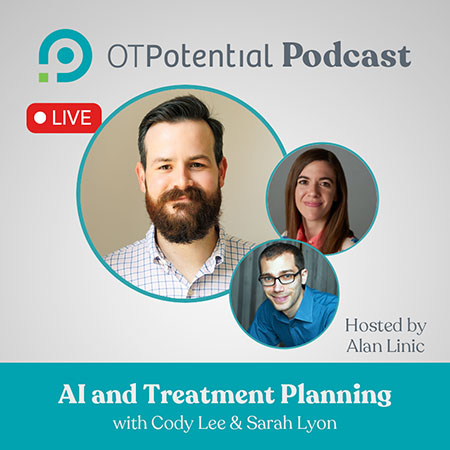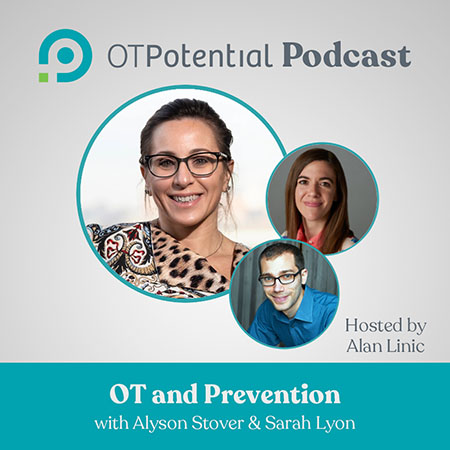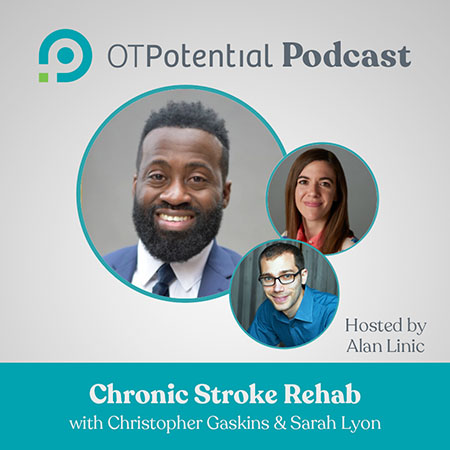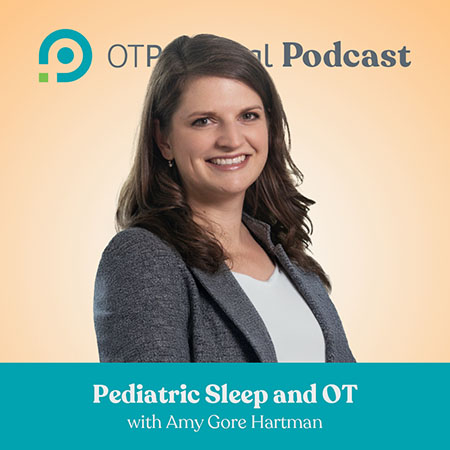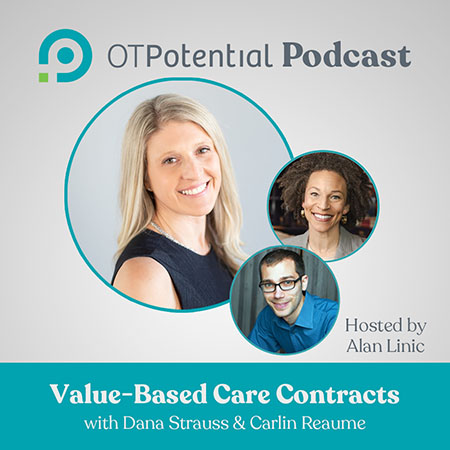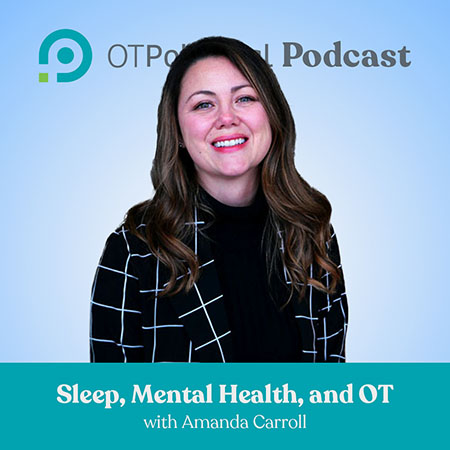Earn 1 hour of continuing education by joining OT Potential after taking this course.
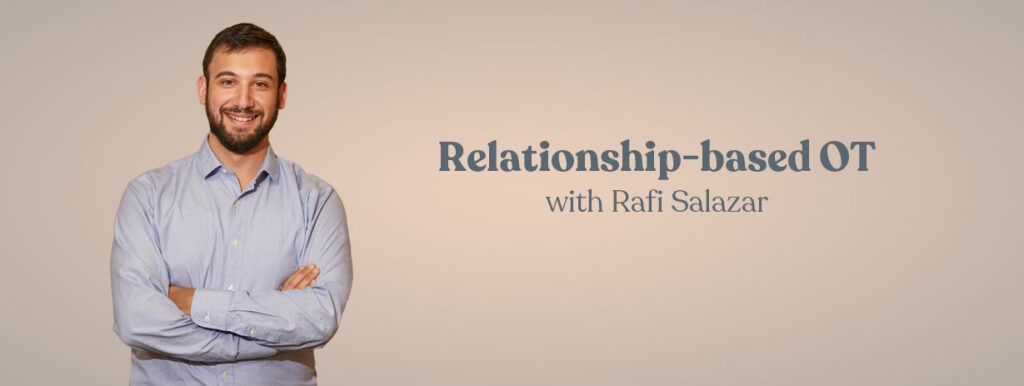
Listen: Apple | Spotify | Google
You probably spent a lot of time learning about “therapeutic use of self” during OT school. As it turns out, this phrase is just one of many frameworks that describe the relationship between therapists and patients. Over the past decade, many other relationship models have been developed and studied. This course will orient you to various concepts for understanding your relationship with patients, as well as how the different therapeutic relationships may ultimately influence outcomes.
After diving into a journal article reviewing the literature on relationship-based care, we’ll invite Rafi Salazar to join us in discussing the practical clinical implications of the findings.
Rafi has boots-on-the-ground experience with building strong therapist-patient relationships, as well as a 1000-foot perspective on how you can systematize strong relationships in your practice.
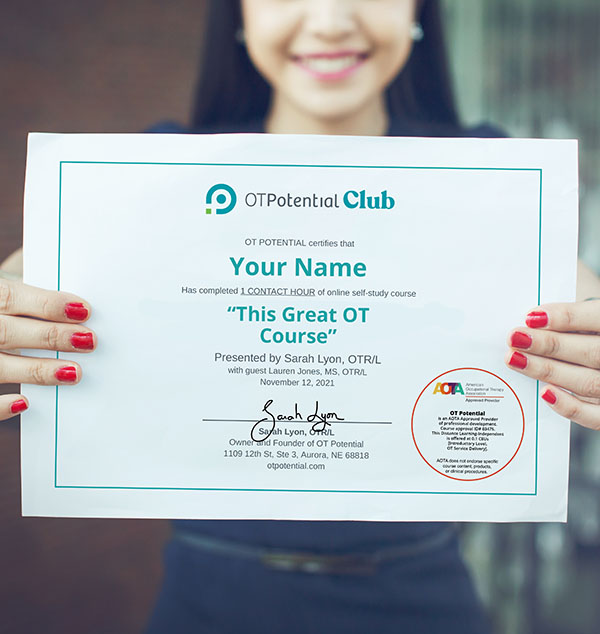
Earn 1 hour of continuing education
1. Listen to the podcast for free.
2. Sign up for the OT Potential Club.
3. Pass the quiz and download your certificate!
Primary Research Explored
When you log in, be sure to check out the OT Potential Club’s written breakdown of the following research article, then share your questions and thoughts with fellow practitioners.
Secondary Research
- Relational interaction in occupational therapy: Conversation analysis of positive feedback
- Occupational Therapy Students’ Self-Efficacy for Therapeutic Use of Self: Development and Associated Factors
Learning Objectives
- Based on the research, you will be able to describe various frameworks for understanding the therapist-client relationship.
- Based on the research, you will be able to identify various assessments for measuring the strength of the therapist-client relationship.
Agenda
Intro (5 minutes)
Breakdown and analysis of journal article (10 minutes)
- The article’s definition of “therapeutic alliance”
- Why was this paper written?
- What frameworks, theories, and models related to therapeutic alliance were identified?
- What assessments were used to measure the strength of therapeutic alliance?
- What settings/conditions were studied the most?
- How did therapeutic alliance impact outcomes?
- Authors’ conclusion and recommendations
- Takeaways for OT practitioners
Discussion on practical implications for OTs (with guest Rafi Salazar) (45 minutes)
- Of the various therapist-client relationship frameworks mentioned in the article, which do you think are most relevant for OTs?
- What are some of the key OT-related takeaways from these frameworks?
- The article specifically mentioned three things as being essential to strong therapist-client relationships. Do you agree that they are essential?
- Agreement on the goals of treatment
- Agreement on the tasks
- Personal bond between therapist and client
- If you do agree that the aforementioned points are essential, how can we as therapists improve on all three?
- Are there any other “quick wins” for therapists to build strong relationships with clients?
- Thinking of the big picture, what are 1-2 things that you think every therapy clinic should be doing to systemize strong relationships?
- In 5 years, how would you like to see OT advance in its understanding and implementation of strong relationship-building?
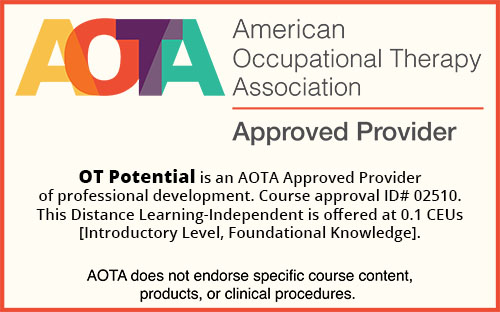
Instructional Methods/Registration/Special Needs Requests/Cancellation Policy
This course is an independent/self-study course delivered via podcast on iTunes, Spotify, Google Play & more.
If you need accommodations to take this course, please contact us and we will address your needs on an individual basis.
If we cancel a promoted course, event, live stream, or any other paid CEU offering prior to release, and you subscribe explicitly for said offering, you are eligible for a full refund if you did not complete and earn any other CEU quizzes or certificates during your subscription.
If a live webinar is cancelled that you signed up for, our system will automatically generate an email to you and if possible, we will inform you of the rescheduled date. Our most current webinar schedule will be found at: otpotential.com/live-ot-ceu-webinars.
Course Completion Requirements
In order to receive a certificate for this course, you must first participate in the podcast/webinar in its entirety. Then, you will need to take the quiz that will accompany the course and earn 75% or higher. If you pass, a certificate will be automatically generated and sent to your email. Quizzes for live (distance learning–interactive) webinars must be completed within 3 days of completing the webinar.
Target Audience/Educational Level
Our target audience is occupational therapy practitioners who are looking to establish a baseline understanding of where the research stands on relationship-based OT treatment. The educational level is introductory.
Financial and Non-financial Disclosures
It is the policy of OT Potential to disclose any financial and non-financial interest the provider or instructor may have in a product or service mentioned during an activity. This is to ensure that the audience is made aware of any bias of the speaker.
We here at OT Potential have no financial stake in this topic. Our guest, Rafi Salazar, has no financial interest in this topic to disclose.
Speakers
Rafael E. Salazar II, MHS, OTR/L
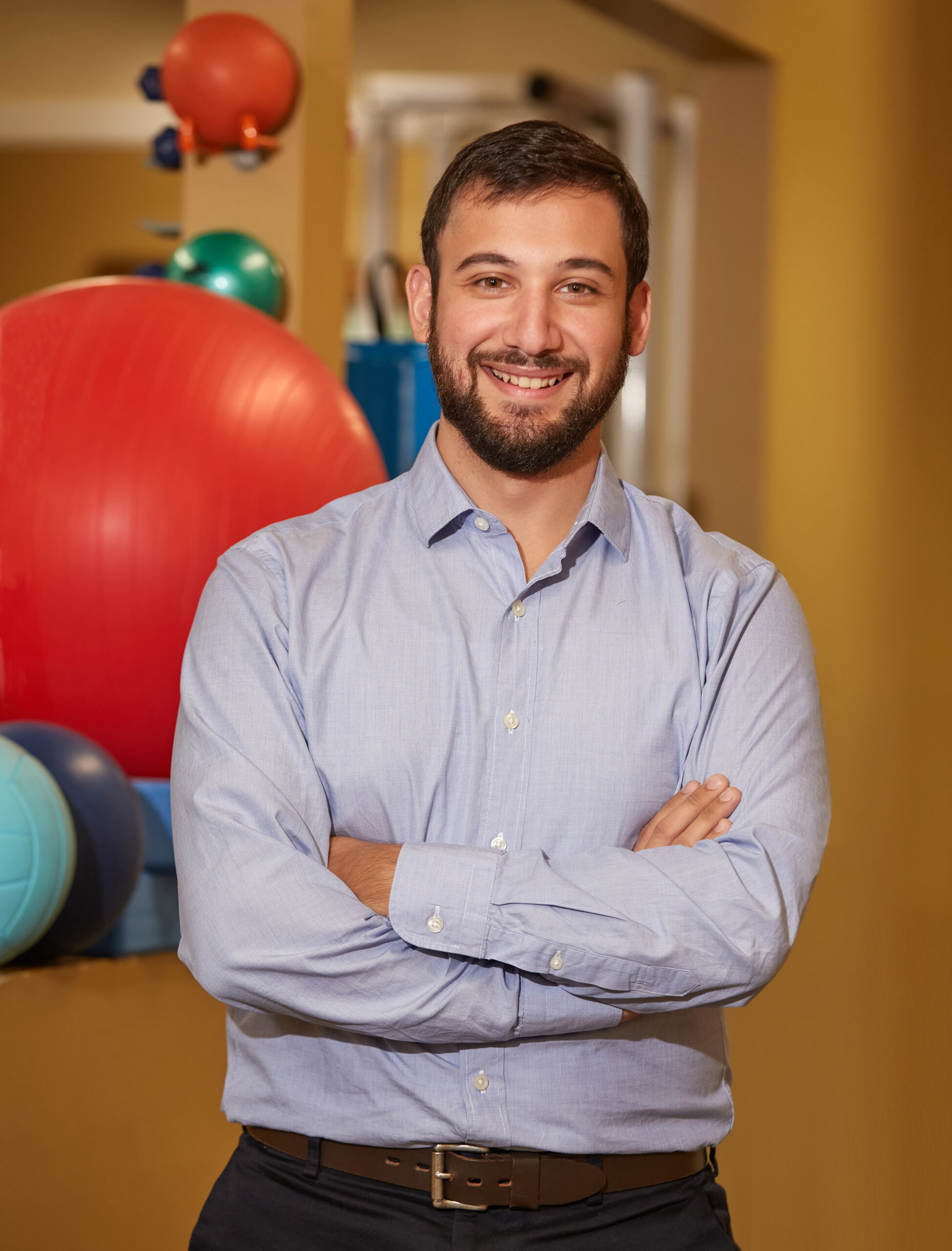
Rafi is the Principal Owner of Rehab U Practice Solutions, a leader in patient retention strategy. He worked as the lead clinician in an outpatient specialty clinic at his local VA Medical center, where he worked on projects to improve patient & employee engagement and experience throughout the organization. After leaving the VA, Rafi began working as a healthcare consultant, on a multi-million-dollar project for Georgia’s Department of Behavioral Health & Developmental Disabilities. As part of that project, Rafi developed and launched a large internal marketing & communications campaign aimed at increasing awareness for internal stakeholders about integrated clinical services within the state. He also developed protocols and systems to coordinate and manage interdisciplinary collaborative care within the State’s Medicaid Waiver system as well as clinical and operational guidelines for case management & telehealth and virtual service delivery.
Rafi also has experience as an assistant professor at Augusta University’s Occupational Therapy Program,, as a Licensed Board Member on the GA State OT Board, has served on several committees for the national OT Board (NBCOT), and as a consultant working for the State of Georgia’s DBHDD. He is also on the Board of Directors for NBCOT. He owns and operates Proactive Rehabilitation & Wellness, a multi-specialty outpatient clinic that treats patients experiencing musculoskeletal and orthopedic conditions as well as chronic pain. He is also a cofounding member of CRA Learning, a continuing education and training company serving clinicians who work with adults with intellectual & developmental disabilities.
Education: Graduated from Augusta University (formerly MCG) 2012, Masters in Health Science, Occupational Therapy. Read full bio.
Sarah Lyon, OTR/L
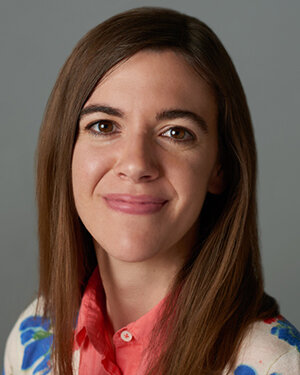
Sarah’s passion is helping fellow OT practitioners translate evidence into daily practice. Sarah earned her BA in religion from St. Olaf College, then earned her master’s degree in occupational therapy from New York University in 2011.
Since then, she’s worked in numerous facilities, including a critical access hospital, an acute trauma hospital, and a state inpatient psychiatric hospital. Sarah is the founder/owner of OT Potential. Read more about OT Potential here.
This course was designed to meet your continuing education requirements
We designed the courses in the Club to meet the requirements for “online” and “independent/self-study” courses. To verify the requirements from your specific state (within the US), check out our post, OT Continuing Education Requirements. If you are outside of the United States and have questions, please contact us.
We are proud to be an AOTA Approved Provider and to meet the requirements for your NBCOT renewal.
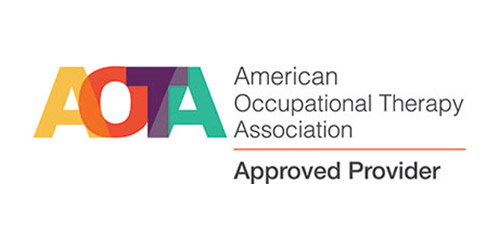
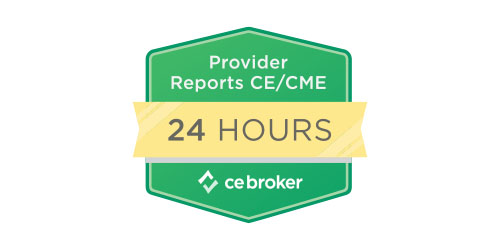
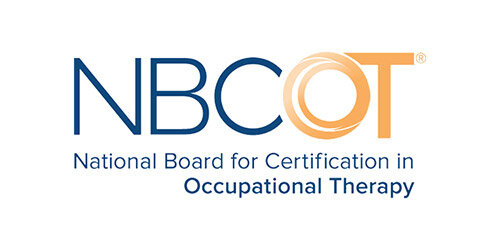
See our other OT courses!
Relationship-based OT Care with Rafi Salazar • OT Potential
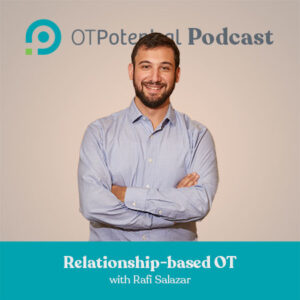
Today, we’ll be covering “Relationship-based OT.” We’ll look at new research and discuss it with Rafi Salazar MHS, OTR/L.
Course Provider: Organization
Course Provider Name: OT Potential
Course Mode: Online
Start Date: 2021-06-14
Duration: 01:00:00
Course Type: Subscription
5

